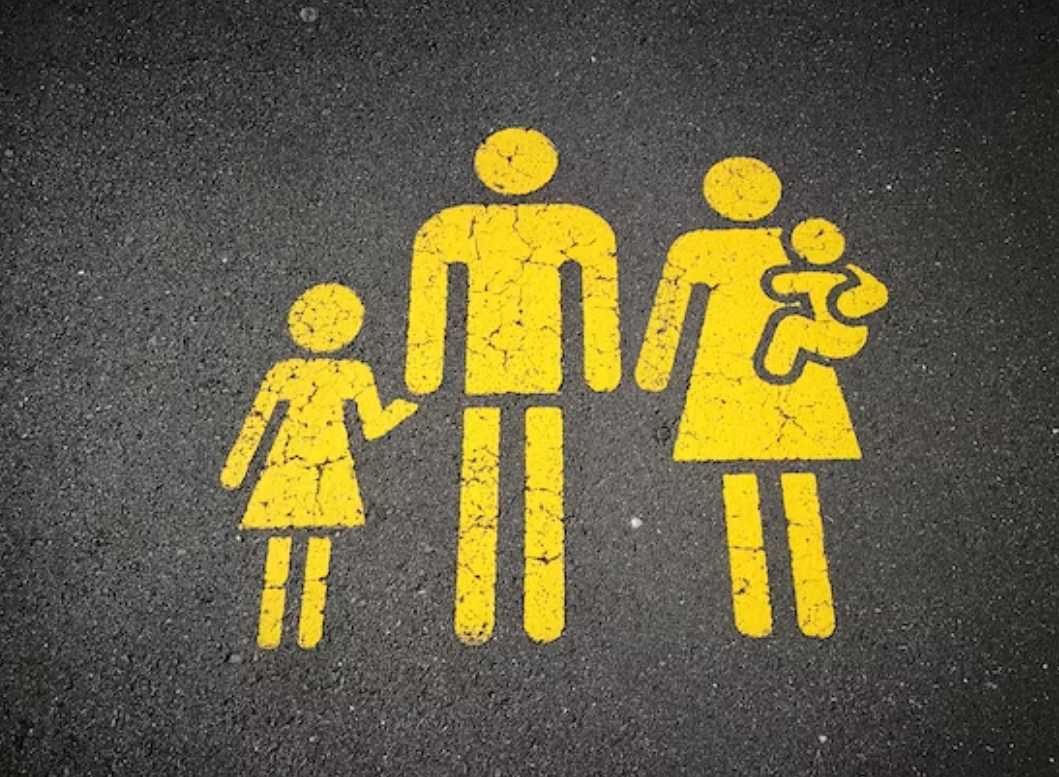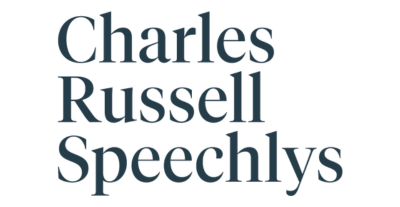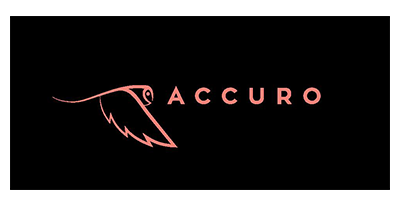Knowledge Hub
Join the Conversation!
Impartial and independent, ThoughtLeaders4 Private Client Knowledge Hub hosts cutting edge industry content and insight.
Email maddi@thoughtleaders4.com to submit content.
Trusts and the Human Rights Act 1998: The Rights of Children
Date: 23/11/2023 Type: Articles Topic: Private Client | Investment and HNWI’s |Picture the terms of a discretionary trust deed. You won't have to dig too far to find an example which includes, in the list of discretionary beneficiaries, the settlor's children, grandchildren and their spouses.
Families: then and now
Today, we advise our clients that any reference in their Will or a new trust to "children" means legitimate, illegitimate[1] and adopted children[2], but not step-children. It is commonplace to discuss with our clients the different legal rights they (or their family members) might have in relation to a trust or Will, in the context of the make-up of their families in 2023. So we might also discuss the implications of fertility treatment and surrogacy.
Of course, 50, 60, 70 years ago, the construct of families looked very different from today and they were shaped by society's norms and laws at the time. A settlor drawing up a trust in the 1950s, for example, might not have envisaged today's scientific advances which have changed the way in which children can be born, or that, today, almost half of all babies are born outside marriage[3] and that same-sex couples can legally marry. What a family typically looks like has changed and evolved over time, just like the law, and we celebrate the myriad of today's families.
Which laws apply – an example involving illegitimate children
So when we are asked to advise clients in relation to a trust that has been in existence for decades, how then do we deal with what "children" means? Can we apply current case law and legislation to the meaning of these words to work out who might be included, or do we have to apply the meaning of the words at the time the trust was created?
To answer that question, consider this fictitious example:
Mrs Smith created a trust in 1965. It gives her son, Fred, a life interest in the trust fund. On Fred's death, the beneficiaries are his "children". Mrs Smith did not name Fred's children as, at the time she set the trust up, he did not have any. In 1980 Fred has a daughter, Felicity. Fred lives with Felicity's mother, Frances, but they are not married when Felicity is born.
Is Felicity within the trust's definition of "children"?
If the trust was established today, Felicity would clearly fall within the definition of "children"[4]. However, the position in 1965 was different.
In 1965, the "common law" position – effectively the default position in the absence of statutory provision to the contrary – was that children meant legitimate children only. But the Legitimacy Act 1926 (LA 1926) overrode the common law position to some extent. A child born to unmarried parents would become "legitimated" from the date the child's parents subsequently marry. Section 3 of the LA 1926 confirmed that a "legitimated person" could benefit from any disposition "coming into operation after the date of legitimation" as if they had been born legitimate.
The effect of this is that even if Fred and Frances married after Felicity's birth, thus legitimising her, as this would not take place until after the date of the trust's creation, it is too late for section 3 of the LA 1926 to legitimate her and enable her to benefit under the terms of the trust from 1965. Felicity is not Fred's child for the purposes of the trust's meaning of "children" and, therefore, will not benefit on Fred's death.
As you would expect, there has been much subsequent legislation to bring us to today's meaning of a "child" (which includes legitimate, illegitimate and legitimated children), beginning with the Family Law Reform Act 1969. However, these changes in the law do not have retrospective effect and do not apply to Mrs Smith's trust. Is there anything that Felicity can do?
Human Rights Act 1998 – enabling children to benefit where they might not have been able to otherwise?
One point for Felicity to consider is a possible argument under the Human Rights Act 1998 (HRA 1998). Section 3 of the HRA 1998 requires primary and subordinate legislation to be interpreted so far as possible in a way which is compatible with the rights set out in the European Convention on Human Rights (EHCR). Article 8 of the ECHR contains the right to respect for private and family life, including rights of inheritance. Article 14 states that the enjoyment of ECHR rights must be secured without discrimination. This includes discrimination on grounds of birth. So the inability to retrospectively apply the current meaning of "children" to Mrs Smith's trust contravenes ECHR rights and could be challenged.
There has been some case law which suggests that the HRA 1998 enables beneficiaries who might not have otherwise benefitted (due to historic legislation) being able to benefit from a trust. The key cases are: Re Erskine[5], Hand v George[6] and Re Druce's Settlement Trusts[7]. Re Erskine and Hand consider the rights of adopted children under trusts and found that the HRA 1998 applied (i.e. their human rights were deprived), meaning that the adopted children were, therefore, beneficiaries of the trusts in question. Re Druce's followed these judgments in relation to the meaning of "illegitimate" children, enabling illegitimate children who otherwise would not have benefitted given the legislation applicable at the time, to benefit. Felicity might have a claim to enable her to benefit on that basis.
Re Erskine, Hand and Re Druce's are all first instance decisions, and one can see how a different conclusion might be reached depending on the facts of a given case. So this remains a relatively untested area of the law. This issue will become more and more relevant as older trusts are due to be wound up in the modern family context. Trustees and advisers must therefore grapple with whether adopted, illegitimate and legitimated children (for example) are to benefit, particularly considering the HRA 1998 issue identified above, and whether any application to court to vary the trust provisions may be required to either include or exclude beneficiaries.
Rosie Taylor is an Associate and Richard Pike a Partner in Womble Bond Dickinson's Private Wealth Disputes team. To learn more about them and the team, visit Rosie Taylor | Womble Bond Dickinson and Richard Pike | Womble Bond Dickinson.
[1] Section 1, Family Law Reform Act 1987
[2] Section 67, Adoption and Children Act 2002
[3] Kid and kin - UK Parliament and Births by parents’ characteristics in England and Wales - Office for National Statistics (ons.gov.uk)
[4] Section 1, Family Law Reform Act 1987
[5] Re Erskine; Gregg v Piggott [2012] EWHC 732
[6] Hand v George [2017] EWHC 533 (Ch)
[7] Re Druce's Settlement Trusts [2019] EWHC 3701 (Ch)
Author
Rosie Taylor & Richard Pike - Womble Bond Dickinson
Our Private Client Corporate Partners




























